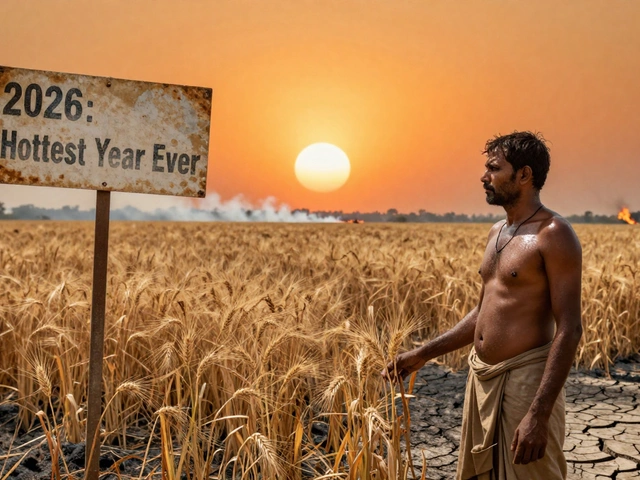Biomedical Scientist: What They Do, How They Work, and Why India Needs More
When you think of a biomedical scientist, a researcher who applies biology and medicine to solve health problems, often working at the intersection of labs, hospitals, and drug development. Also known as medical researcher, it plays a critical role in turning discoveries into treatments, vaccines, and diagnostic tools that save lives every day. Unlike doctors who treat patients directly, biomedical scientists work behind the scenes—designing experiments, analyzing data, and testing new therapies in controlled environments. Their work is what makes modern medicine possible: from the mRNA vaccines that stopped COVID-19 in its tracks to the CRISPR gene edits now curing rare blood disorders.
These scientists don’t work in isolation. They rely on healthcare research, the systematic study of diseases, treatments, and public health outcomes to improve patient care to guide their questions. They need funding from research grants, financial support from government agencies, universities, or private companies to run experiments and hire teams, and they often collaborate with engineers, data scientists, and public health workers. In India, this means working with local hospitals to test drugs on diverse populations, partnering with biotech startups to scale diagnostics, or joining national programs to tackle tuberculosis, diabetes, or maternal health. It’s not glamorous work—it’s long hours, failed trials, and endless paperwork—but when it works, it changes millions of lives.
What’s missing in India isn’t talent—it’s support. Many brilliant biomedical scientists leave for better funding, infrastructure, or career paths abroad. But the country has the potential to lead. With growing investment in biotechnology, rising demand for affordable medicines, and a young population eager to solve local problems, India can build a world-class pipeline of biomedical researchers. You’ll find stories here about how scientists are using AI to predict disease outbreaks, how they’re designing low-cost diagnostic kits for rural clinics, and how funding gaps still hold back breakthroughs. These aren’t abstract ideas—they’re real people in real labs, working with limited resources to make a difference. Below, you’ll see how their work connects to public health programs, technology transfer, and the future of biotech careers in India. This is the ground level of medical progress—and it’s happening right here.





